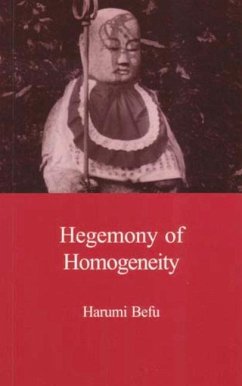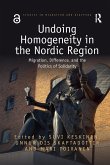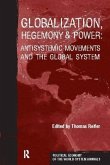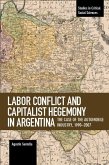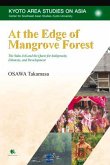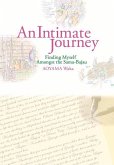Much of the misunderstanding by foreigners about Japan arises out of their acceptance of certain stereotypes about the Japanese. Harumi Befu spearheaded the critique of the stereotypical and the essentialized characterization of the Japanese and their culture, often referred to as Nihonjinron. He now presents his summary statements in this book by reviewing the whole gamut of the Nihonjinron literature, ranging from ecology, rural community structure, personality, language, values and ethos. He shows the roles Nihonjinron plays for the identity formation of the Japanese and as the idealized norm of the society in orienting the public. Elaborating on the way in which Nihonjinron functions as a civil religion, the book outlines how a period of positive self-identity has alternated with a period of negative self-identity since the Meiji period.
Hinweis: Dieser Artikel kann nur an eine deutsche Lieferadresse ausgeliefert werden.
Hinweis: Dieser Artikel kann nur an eine deutsche Lieferadresse ausgeliefert werden.

